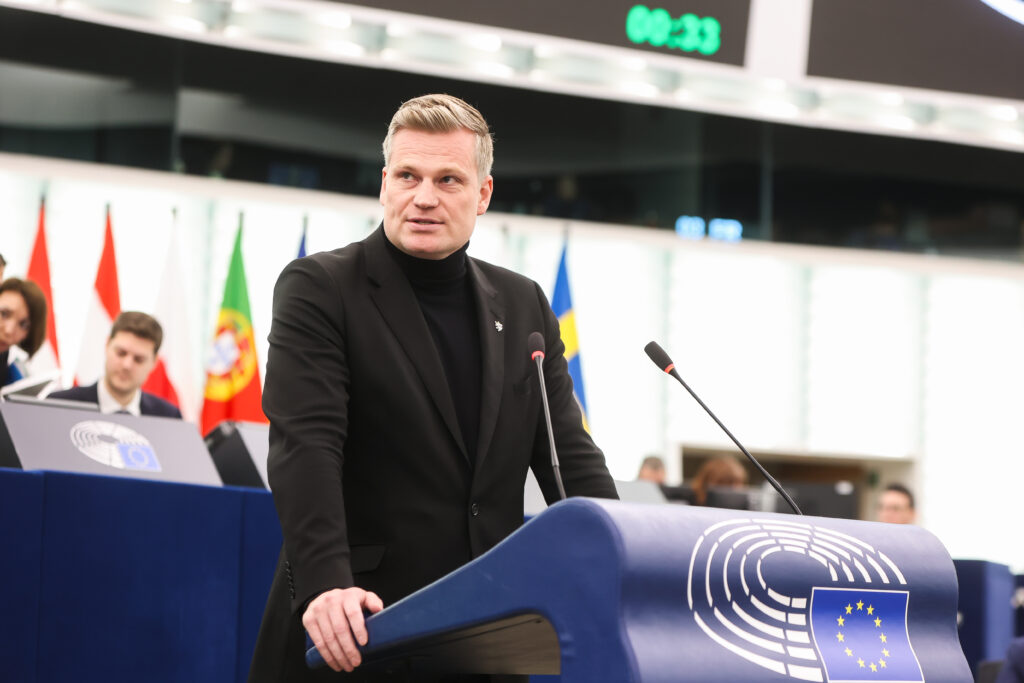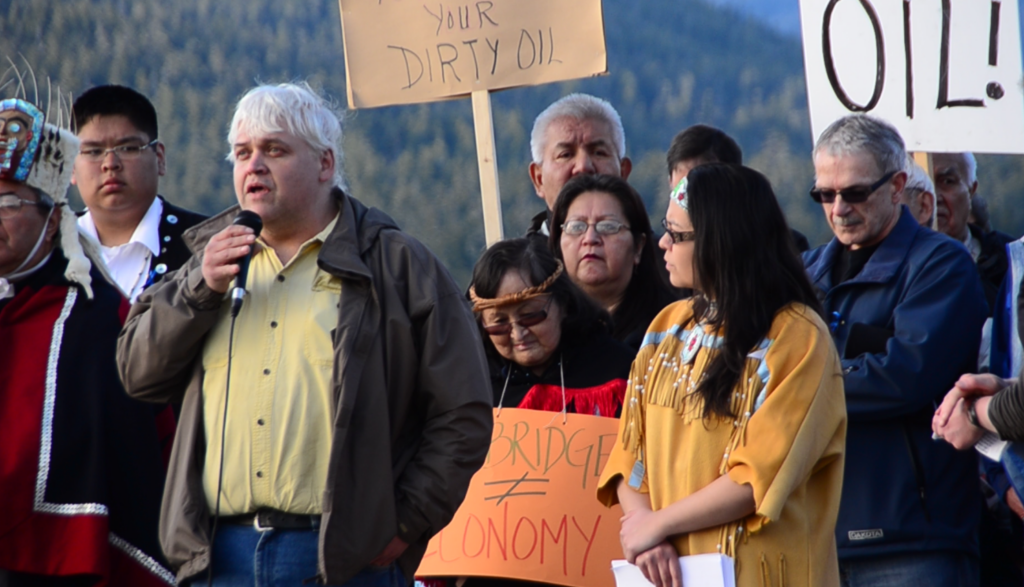Investors in all of the UK airports planning to expand are members of a UN-backed green investment scheme, a DeSmog investigation has found, highlighting what experts say is a “gulf” between the financial world’s environmental pledges and its actions.
The news follows criticism from the government’s own climate advisers that the country’s recently-announced net zero strategy excludes measures to tackle aviation growth, an increasing source of emissions.
Thirteen investors – at least one in each of the seven airports pushing to increase passenger numbers – are involved in the UN Principles for Responsible Investment (PRI), including four out of Bristol Airport’s five shareholders and four out of Heathrow’s seven.
Among them is the UK’s largest higher education pension provider, the Universities Superannuation Scheme, a founding member of the PRI and part of its exclusive “Leader’s Group”, which celebrates “responsible investment excellence”.
Another airport investor, Spanish transport giant Ferrovial, owns a 25 percent stake in Heathrow, already the second most polluting airport in the world, despite having had its business plans approved by the Science Based Targets initiative, another UN-backed scheme.
The government recently concluded a consultation on how the aviation sector could reach net zero emissions but did not recommend any policies to cut demand.
Gatwick Airport is currently consulting on plans to bring its emergency runway into routine use, the local council responsible for Stansted Airport has recently been denied permission to apply for a planning review, and a legal challenge to Southampton Airport’s expansion plan has been refused.
The government’s advisory Climate Change Committee has recommended no “net increase” in airport expansion should be allowed unless the industry “sufficiently outperforms” its current emissions projections.
Analysis has previously shown the sector could consume as much as two thirds of the country’s 1.5C carbon budget if left unchecked.
UK airports have increasingly argued that they are already carbon neutral, or close to being so, but these claims exclude emissions from aircraft, which account for the majority of airports’ climate impact, and often rely on disputed offsetting schemes.
‘Incompatible’ with Climate Action
Sam Pickard, a research associate in the Climate and Sustainability team at development thinktank ODI said the analysis showed “the gulf between the finance sector’s actions and its rhetoric. Investments that unlock decades of future carbon emissions in rich countries are the complete opposite of what is required for creating shared prosperity in the face of the climate emergency.”
“As fossil fuel producers are at last being forced to report their Scope 3 greenhouse gas emissions, we must demand equal scrutiny of the climate impact from infrastructure that facilitates the consumption of those same fossil fuels,” he added.
Charlie Kronick, a senior climate campaigner at Greenpeace, said the findings raised “really serious questions” for initiatives like PRI.
“We know airport expansion, particularly in Europe and the UK is totally incompatible with any kind of serious climate ambition. Every week there’s a new investor alliance or coalition that says their climate credentials are amazing and they’re still ploughing money into the same old high-carbon activity, from airports to coal,” he added.
Many of the PRI-approved airport investors are also involved in other globally-recognised climate schemes.
The investigation found:
- Ten investors are signatories to CDP, an organisation that works with companies and cities to disclose their carbon footprint
- Nine are members of Climate Action 100+, which pushes the world’s largest corporate emitters to cut emissions
- Five are members of the Asia Investor Group on Climate Change, set up to create awareness and encourage climate action among “Asia’s asset owners and financial institutions”
- Two are members of the UN’s Net-Zero Asset Owner Alliance, which describes its members as having “demonstrated leadership on the topic of decarbonisation”
Principles for Responsible Investment
The PRI describes itself as the “world’s leading proponent of responsible investment” and its CEO Fiona Reynolds has called for a “sustainable and inclusive recovery from COVID-19”.
The scheme does not have a defined policy on aviation investment but has set out expectations for the sector, which include the setting of 2050 net zero emissions targets and strategies to support the development of sustainable aviation fuels.
A blog on its site argues that current industry measures and the UN’s Carbon Offsetting and Reduction Scheme for International Aviation (CORSIA) scheme are insufficient to meet the Paris Agreement goals.
PRI signatories have rapidly grown since the initiative was first launched in 2006 with a small number of investors to over 4,000 current members, raising doubts about whether its minimum requirements are strong enough, with just 5 signatories forced out last year.
The PRI’s six principles include an aim to “incorporate ESG [environmental, social and governance] issues into our ownership policies and practices” and the scheme says it acts in the long-term interests of “financial markets and economies in which [its signatories] operate and ultimately of the environment and society as a whole”.
The scheme was launched 15 years ago by then UN Secretary-General Kofi Annan and comprises two UN partners, the UN Environment Programme’s Finance Initiative and the UN Global Compact.
At the end of 2019, its CEO Fiona Reynolds wrote that the following year should become a “defining year for climate action” and warned how climate-related regulations could leave high-carbon industries with stranded assets.
The scheme only introduced minimum requirements for joining the scheme in 2018, in response to calls from signatories for low-performing members to be threatened with delisting.
Membership criteria include a responsible investment policy that covers at least half of the investor’s assets under management, dedicated staff responsible for implementing the policy and senior-level commitment and accountability mechanisms for responsible investment.
PRI’s website notes that signatories that do not meet the criteria “will be informed privately, with delisting a last resort following engagement and support from the PRI over a two-year period.”
‘Committed to Engaging’
Responding to the findings, PRI CEO Fiona Reynolds said the scheme was one of the only investment initiatives to have minimum requirements for membership, which the PRI was “continuing to strengthen”.
But she said the scheme could not be responsible for “every individual investment in its more than 4,300 signatories’ portfolios”.
“The PRI is a big tent organisation, committed to encouraging and engaging with investors to integrate ESG factors – including climate change - in their investment and ownership decisions,” she said.
The PRI was working with investors to make the aviation sector “less carbon intensive, through investment in new technologies, aircraft and fuel sources”, she said.
Addressing the lack of members delisted for underperformance, Reynolds said hundreds of investors on its “watchlist” had taken action to avoid being removed.
Claire Elsdon, joint global director of capital markets at CDP, said asset managers should “engage with their portfolio companies, insist they are prepared for the low-carbon transition, monitor progress, and hold investee companies to account through engagement and voting.”
Divesting from companies was a “final option” if active engagement failed, she said, but asset managers should focus on the “hard work of getting investee companies to set ambitious targets and deliver on transition.”
A spokesperson for Climate Action 100+ said the initiative “coalesces investors around the world to push their portfolio companies to reduce emissions and transition to decarbonised ways of doing business, in line with the goals of the Paris Agreement”.
The scheme had published a “Global Sector Strategy” earlier this year, calling on the aviation industry to make commitments to reach net zero emissions by 2050 and support the development of “decarbonisation technologies”.
A spokesperson for the Net Zero Asset Owners Alliance said the scheme worked to drive the “transition of investment portfolios towards 1.5C pathways” and provided guidance on aviation to members based on the Science Based Targets initiative.
Decarbonisation measures it supports include “improving carbon intensity through fleet renewal, improved operational efficiency and the adoption of sustainable aviation fuels”, they said.
A spokesperson for IFM Investors said it was supporting Manchester Airports Group, in which it holds a stake, to achieve “net zero carbon operations by 2038” and looking for opportunities to “expedite the transition of aviation fuels”.
A spokesperson for Macquarie Asset Management said it was working with all of its portfolio companies to help them establish net zero business plans and that AGS Airports, which it co-owns with Ferrovial, had “made strong progress on its net zero journey”.
The group had “achieved carbon neutral status in 2020”, they said, and Southampton Airport’s expansion was “essential for the airport’s viability and the strength of the regional economy, and has been accompanied by a clear plan to reduce carbon emissions”.
Airport Operators Association Chief Executive Karen Dee, who responded on behalf of the airports contacted, said they were at the “forefront of the global effort to decarbonise aviation”. UK airports had already made “great strides” in cutting emissions from their own operations and “helped introduce operating procedures to reduce aircraft emissions”, she said.
The sector had a “clear plan for the future”, she added, which involved “preparing for the aviation fuels of the future, including sustainable aviation fuels, hydrogen and electric propulsion”.
Airport Investors: Full Lists
- The following are signatories to the UN PRI:
Universities Superannuation Scheme, Caisse de dépôt et placement du Québec, Ontario Teachers’ Pension Plan, Stepstone Group, JP Morgan Asset Management, Sunsuper, Alinda Capital Partners (QS Airports), AMP Capital, Macquarie Infrastructure and Real Assets, IFM Investors, Global Infrastructure Partners, AIMco, CalPERS.
- The following are signatories to CDP:
Ontario Teachers’ Pension Plan, JP Morgan Asset Management, Caisse de dépôt et placement du Québec, GIC, Universities Superannuation Scheme, AMP Capital, Macquarie Group, IFM Investors, AIMco, CalPERS.
- The following are signatories to Climate Action 100+:
Ontario Teachers’ Pension Plan, Sunsuper, Caisse de dépôt et placement du Québec, AIMco, GIC, AMP Capital, Macquarie Asset Management, IFM Investors, CalPERS.
- The following are members of the Asia Investor Group on Climate Change:
AMP Capital, Caisse de dépôt et placement du Québec, GIC, JP Morgan Asset Management, National Pension Service.
- Caisse de dépôt et placement du Québec and CalPERS are members of the UN Net-Zero Asset Owner Alliance.
- Ferrovial has had its plans approved by the UN-backed Science Based Targets initiative.
Subscribe to our newsletter
Stay up to date with DeSmog news and alerts







